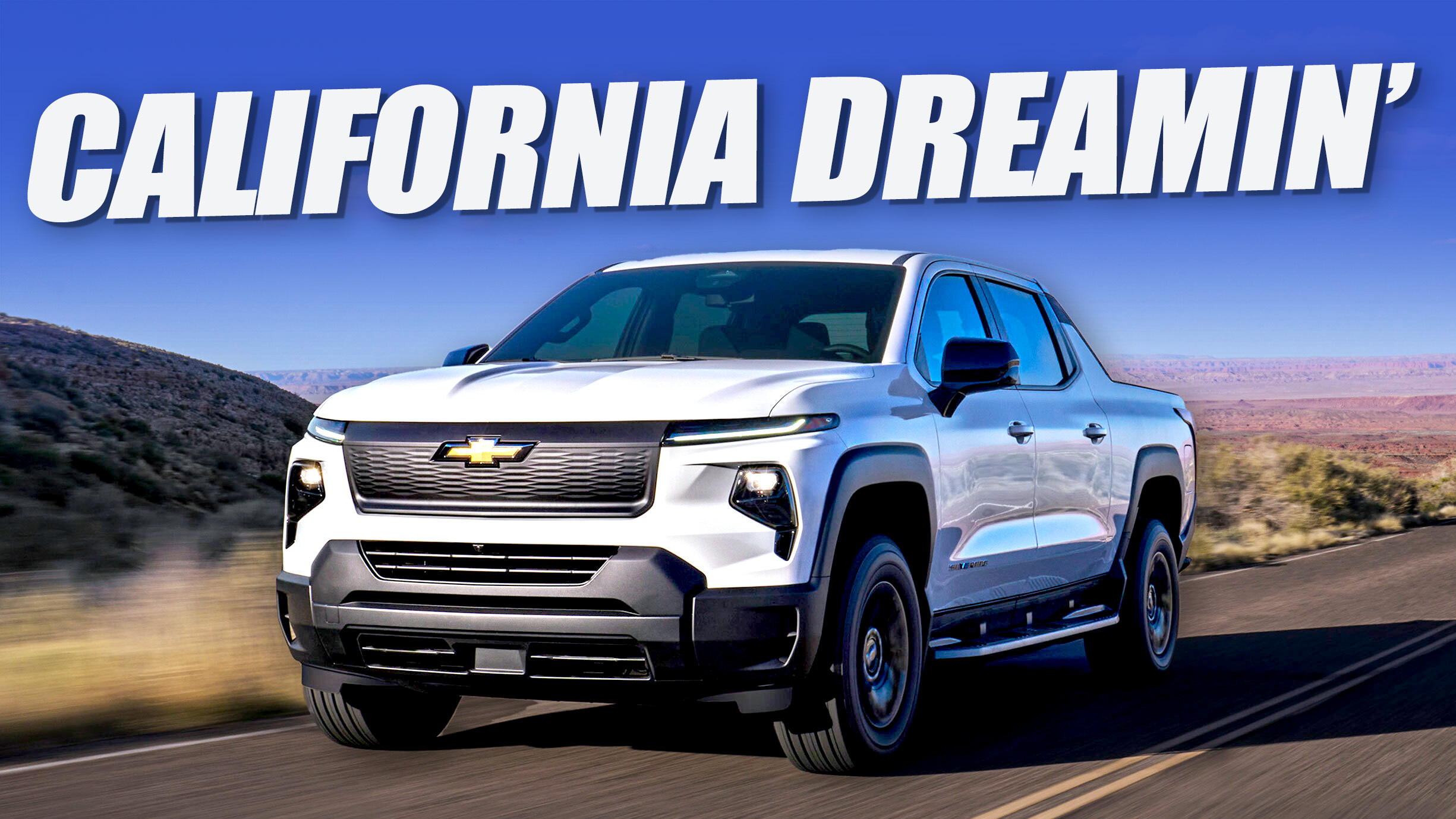Car Dealers Renew Fight Against EV Mandates

Table of Contents
Economic Concerns Fueling Dealer Opposition to EV Mandates
The core of the car dealers’ opposition to EV mandates lies in significant economic concerns. Adapting to a predominantly electric vehicle market requires substantial upfront investment that many dealerships are struggling to absorb. This transition poses several challenges, impacting both immediate profitability and long-term sustainability.
-
High Infrastructure Costs: Installing the necessary charging infrastructure for EVs is a major expense. Dealerships need to invest in high-powered charging stations capable of rapidly charging various EV models, a considerable financial burden for many businesses.
-
Specialized Training Needs: EVs require specialized knowledge and skills for repair and maintenance. Training technicians on the intricacies of electric vehicle technology is costly and time-consuming, demanding significant investment in training programs and potentially impacting service department efficiency in the short term.
-
Inventory Management Challenges: The shift to EVs necessitates a change in inventory management. Dealerships may face a surplus of unsold gasoline-powered vehicles if EV mandates force a faster shift than consumer demand allows, leading to potential losses on depreciating assets.
-
Reduced Profit Margins: Currently, profit margins on EVs are generally lower than those on gasoline-powered cars. This is partly due to higher manufacturing costs and the competitive landscape of the EV market. EV mandates could further squeeze profits if they lead to reduced sales of more profitable vehicles.
Consumer Demand and Readiness for a Full EV Transition
While EV sales are rising, consumer demand isn't yet at a level that fully justifies the aggressive implementation of some EV mandates. Several factors limit widespread EV adoption:
-
Limited Charging Infrastructure: The lack of widespread, reliable public charging infrastructure remains a significant barrier for many potential EV buyers, particularly those living in rural areas or lacking home charging options. Range anxiety—the fear of running out of battery power—is directly linked to this concern.
-
High Purchase Prices: EVs generally have a higher initial purchase price compared to gasoline-powered vehicles, making them inaccessible to many consumers. While this gap is narrowing, it remains a substantial obstacle for a large segment of the population.
-
Battery Life and Replacement Costs: Concerns about EV battery life and the high cost of battery replacement are also deterrents. The long-term cost of ownership needs to be transparent and competitive with internal combustion engine (ICE) vehicles to build consumer confidence.
-
Range Anxiety: As mentioned, range anxiety continues to be a significant barrier to EV adoption. Until the range and charging infrastructure are improved significantly, this concern will likely limit the appeal of EVs for many consumers.
The argument is that mandates are forcing the transition faster than the market is ready, putting undue strain on both dealerships and consumers.
The Role of Government Incentives and Support in Mitigating Dealer Concerns
Government incentives play a crucial role in both driving EV adoption and mitigating the concerns of car dealerships. However, current programs often fall short of fully addressing the challenges faced by dealers during this transition.
-
Tax Credits: Tax credits for EV purchases incentivize consumers but don't directly address dealership infrastructure needs.
-
Charging Station Grants: Government grants for installing charging stations are helpful but often come with complex application processes and limited funding.
-
Technician Training Funding: Investing in comprehensive technician training programs is essential. Government funding for these programs can ease the burden on dealerships.
-
Dealership Infrastructure Incentives: Direct financial incentives for dealerships to invest in EV infrastructure and training would significantly ease the transition.
Alternative Solutions and Compromise Strategies
Rather than solely relying on rigid EV mandates, alternative approaches could better address both environmental goals and the concerns of car dealerships.
-
Phased Implementation: A phased implementation of EV mandates, gradually increasing the required percentage of EVs over a longer timeframe, would allow dealerships to adapt more gradually.
-
Market-Based Incentives: Focusing on incentivizing consumer demand through tax credits, rebates, and other consumer-focused programs, rather than solely relying on mandates, could organically increase EV adoption.
-
Industry-Government Collaboration: Collaboration between government regulators and the automotive industry is crucial to develop effective transition strategies that address both environmental goals and economic realities.
-
Investing in Infrastructure: A significant investment in nationwide charging infrastructure is critical to addressing range anxiety and encouraging wider EV adoption.
Conclusion: Navigating the Future of EV Sales and the Ongoing Debate Over EV Mandates
Car dealers' opposition to EV mandates stems from significant economic concerns, including high upfront investment costs, potential inventory losses, and reduced profit margins. These concerns are further amplified by the fact that consumer demand isn't yet fully aligned with the rapid pace of some mandates. While government incentives are helpful, more substantial and targeted support is needed to help dealerships navigate this transition effectively. Balancing the need for rapid EV adoption with the economic stability of the car dealership industry requires careful consideration and collaboration between all stakeholders. The ongoing debate over EV mandates requires careful consideration of all perspectives. Stay informed on the latest developments and engage in the conversation surrounding EV mandates to shape a future that supports both sustainable transportation and economic stability for our car dealerships.

Featured Posts
-
 Deportation Flights A New Revenue Stream For A Budget Airline
Apr 24, 2025
Deportation Flights A New Revenue Stream For A Budget Airline
Apr 24, 2025 -
 Los Angeles Wildfires And The Gambling Industry A Troubling Connection
Apr 24, 2025
Los Angeles Wildfires And The Gambling Industry A Troubling Connection
Apr 24, 2025 -
 Identifying And Analyzing The Countrys Fastest Growing Business Areas
Apr 24, 2025
Identifying And Analyzing The Countrys Fastest Growing Business Areas
Apr 24, 2025 -
 Hisd Mariachi Headed To Uil State Championships After Viral Whataburger Video
Apr 24, 2025
Hisd Mariachi Headed To Uil State Championships After Viral Whataburger Video
Apr 24, 2025 -
 Wildfire Speculation Examining The Market For Los Angeles Fire Bets
Apr 24, 2025
Wildfire Speculation Examining The Market For Los Angeles Fire Bets
Apr 24, 2025
